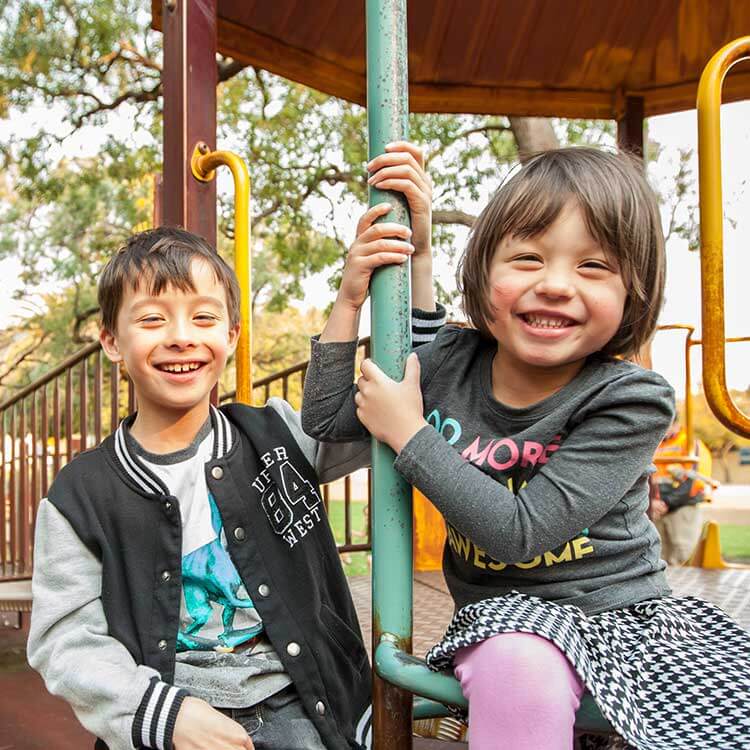Search
Research
Repeat pneumococcal polysaccharide vaccine in Indigenous Australian adults is associated with decreased immune responsivenessThese findings highlight the critical need to evaluate the efficacy of future pneumococcal vaccine programs in the Australian Indigenous populations that recommend repeated doses of 23vPPV.
Research
Repeated vaccination does not appear to impact upon influenza vaccine effectiveness against hospitalization with confirmed influenzaThese findings reinforce current recommendations for annual influenza vaccination, particularly those at greatest risk of influenza disease.
Research
Birth outcomes for Australian mother-infant pairs who received an influenza vaccine during pregnancy, 2012-2014: The FluMum studyWe assessed the safety of receiving an influenza vaccination during any trimester of pregnancy with respect to preterm births and infant birthweight.

Research
Paediatric Active Enhanced Diseases Surveillance (PAEDS)PAEDS monitors for key vaccine preventable conditions and severe side effects from vaccine in 5 paediatric hospitals in Australia.

Research
Whooping CoughWhooping cough (pertussis) is a highly contagious respiratory infection which causes a severe cough and can be particularly dangerous to babies under a year old. Vaccination is the best way to reduce the risk of whooping cough.
Research
Safety of BCG vaccination and revaccination in healthcare workersBCG vaccination and revaccination are increasingly being considered for the protection of adolescents and adults against tuberculosis and, more broadly, for the off-target protective immunological effects against other infectious and noninfectious diseases. Within an international randomized controlled trial of BCG vaccination in healthcare workers (the BRACE trial), we evaluated the incidence of local and serious adverse events, as well as the impact of previous BCG vaccination on local injection site reactions (BCG revaccination).
Research
A phase 3 study of safety and immunogenicity of V114, a 15-valent pneumococcal conjugate vaccine, followed by 23-valent pneumococcal polysaccharide vaccine, in children with HIVTo evaluate the safety and immunogenicity of V114 [15-valent pneumococcal conjugate vaccine (PCV) containing serotypes 1, 3, 4, 5, 6A, 6B, 7F, 9 V, 14, 18C, 19A, 19F, 22F, 23F, 33F], followed by 23-valent pneumococcal polysaccharide vaccine (PPSV23) 8 weeks later, in children with HIV.
Research
Bacillus Calmette-Guérin vaccination for protection against recurrent herpes labialis: a nested randomised controlled trialRecurrences of herpes simplex virus (HSV) in the orofacial region (herpes labialis or cold sores) impact quality-of-life. We aimed to study whether the bacille Calmette-Guérin (BCG) vaccine can attenuate cold sore recurrences through off-target immunomodulatory effects.
Research
A single blinded, phase IV, adaptive randomised control trial to evaluate the safety of coadministration of seasonal influenza and COVID-19 vaccines (The FluVID study)We evaluated the frequency of moderate and severe adverse events following coadministration of seasonal influenza vaccine (SIV) versus placebo with COVID-19 vaccines among adults to support practice guidelines.
Research
The full health, economic, and social benefits of prospective Strep A vaccinationRecent research has documented a wide range of health, economic, and social benefits conferred by vaccination, beyond the direct reductions in morbidity, mortality, and future healthcare costs traditionally captured in economic evaluations.
